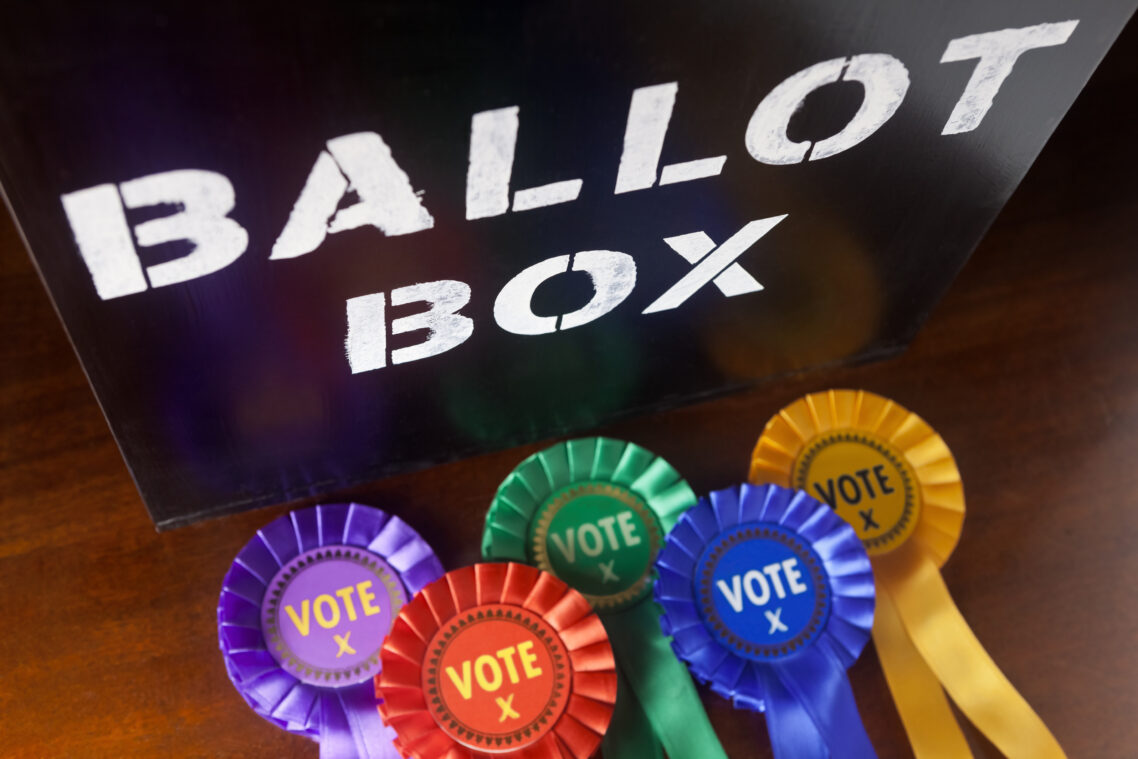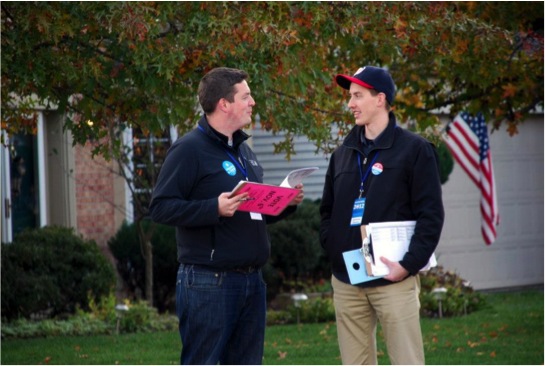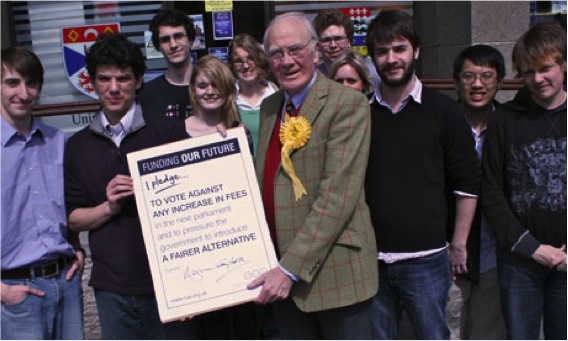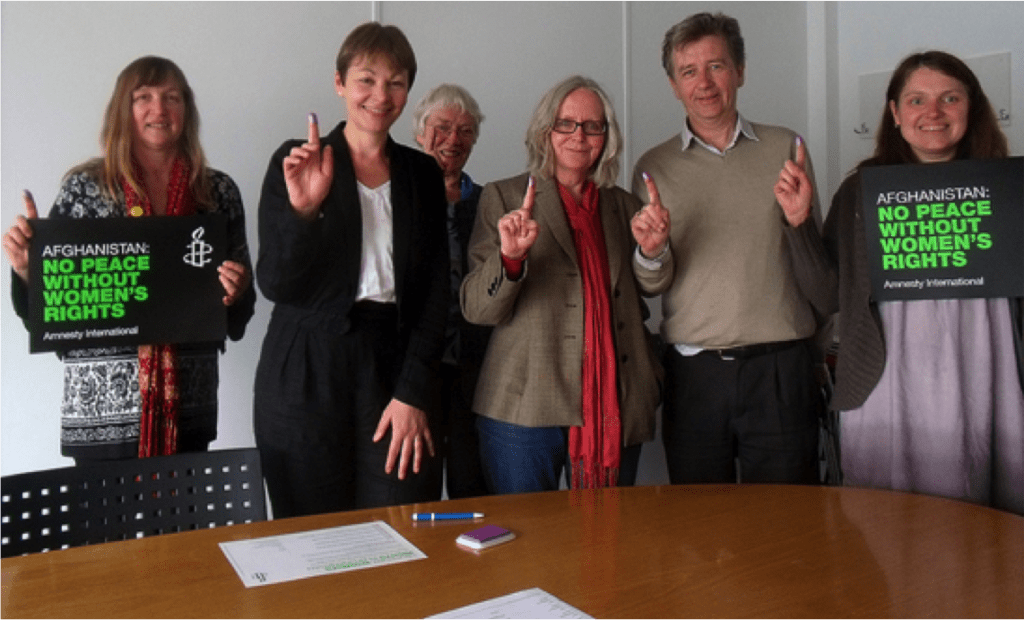I spend a lot of time thinking about the Labour Party – my wife would suggest at times it’s been way too much time!
But as we’re now around 18 months out from the last possible date for a General Election, and with Labour holding a solid lead in opinion polls, it’s something that I’ve started to think about more and more in my campaigning work.
As I’ve thought about it, I’ve considered some areas that campaigners need to consider in their approach.
1. Too much focus on policy as opposed to politics – it’s very easy for campaigners and changemakers to spend lots of energy focusing on a list of what they’d like to see a future government do on their issue.
Of course, you need to engage in a process to try to influence manifestos, but that needs to be done with a focused look at the politics of the election.
The Labour leadership has a clear sense of what they think they need to do to win the election: the constituencies, voters, and issues that are going to matter. So any thinking about policies needs to be ruthlessly considered through that political lens.
Right now, Labour is focused on demonstrating economic credibility in its approach and appears to have an interest in pursuing a similar ‘small shield’ strategy with a narrow focus on a few issues and pledges running up to the election, like the approach taken by the Australian Labor Party in 2022.
But beyond that, they’re certainly doing more polling than you are about what matters to voters. So ensuring that you spend time understanding what matters to those key voters that Labour needs and how your ask might fit is vital.
I try to keep on top of this on my semi-regular polling threads over on Twitter, but at the very least, I’d recommend a regular review of the monthly issues tracking data from Ipsos and More in Common.
2. Assuming it’ll be easy to influence policy under a Labour government – It’s been 13+ years since we had a Labour government, so there are fewer campaigners around who’ll remember what it was like. It was early in my career, and I think I’d characterize it as ‘easier but certainly not easy’
Now admittedly, on lots of issues, the starting point for influencing will be more favorable, so getting a meeting or finding a sympathetic backbench government MP to push your cause might be easier.
But the economic conditions that the next Government is going to inherit will lead to tough choices. Those campaigners who can offer policy ideas that don’t require significant funding are likely to find a warmer reception.
Any changemaker approaching the next year with a ‘fingers crossed’ strategy – hoping that if Labour wins, they’ll do the right thing on their issue – is, in my view, making a mistake.
Any incoming government is going to find itself in a tight spot economically, with potentially limited bandwidth to do much else.
3. That today’s Labour is the same as it was in 1997, 2015, or 2019 – From the outside, Labour might look like one large happy political family, but like any political party, it’s really a group of different factions, groups, and viewpoints who are working with each other – sometimes together and sometimes against each other.
While the formal policy-making processes of the party are largely the same as they have been at previous elections – with the National Policy Forum process currently ongoing ahead of the conference in the autumn and the formal ‘Clause V’ meeting once the election is called to approve the manifesto.
Beyond that, this is a new edition of the Labour Party with a new leader and new individuals influencing him. So spending time understanding which groups/factions are growing in influence, and which aren’t, matters as it’ll give you key insight.
You can draw some of this from the background of the candidates getting selected (I’d recommend the Tomorrow’s MP Twitter feed), the announcements that are being made from the leader of the opposition office as they’re the ones that are approved and ‘on the grid’ (the media planning process that political parties use), and who is advising key ministers – see here for one example of a briefing from a public affairs agency which provides some of that.
So while some of the individuals might have been involved in previous editions of the Labour Party, and there might be parallels with previous elections that Labour has fought – campaigners need to start with a blank piece of paper when it comes to power mapping.
4. That your reputational shadow will be enough – I’m a huge fan of the writing of David Karpf, and I especially like the concept of the ‘reputational shadow’ that he writes about – the sense that politicians judge your influence based on their past experiences of the constituency of support for your issue that you’ve been able to demonstrate.
As we know, the Labour leadership will be doing a huge amount of polling at the moment, so they know where the public, especially those they hope will vote for them, stand on issues.
Campaigns need to be careful not to assume that previously mobilised support for an issue still exists and is seen as influential.
Some groups, especially the trade union movement, which is a constituent part of the Labour Party (they’re literally part of the family), will always be central to thinking when decisions on policy and approach are being made. But the views and concerns of other sectors and groups will only be there if they are seen to be important to an influential part of the electorate.
5. The election is a foregone conclusion – Sure, the polls currently point to a sizeable win for the Labour Party, and it’s right to plan with that as the most likely outcome.
But, if we look at polls taken at this moment ahead of both the 2010 and 2015 elections, we’ll find leads that didn’t translate into the final result on election day. For example, 18 months out from May 2010, David Cameron’s Conservatives had a +6/8% lead, and the result was a coalition government.
Now, lots has changed since those elections, and the circumstances will be different. But campaigners need to constantly evaluate what’s happening and adapt their plans and approach, including engaging with smaller parties who could become important if the polls narrow and a hung Parliament looks like a potential outcome.
6. Overlooking the Conservative Party – Not only will they be the party of Government until the election which could still be over a year away – and could plausibly win the next General Election – but they will also be one of the major political forces in the UK for years to come.
So while it might be tempting to pause or stop engagement with the Conservative Party, that feels like a mistake, especially if a period after an election defeat leads to some very public discussions about the direction of the party.
Smart mapping of who is likely to be influential in the future leadership of the Conservative Party and ongoing engagement needs to continue.





